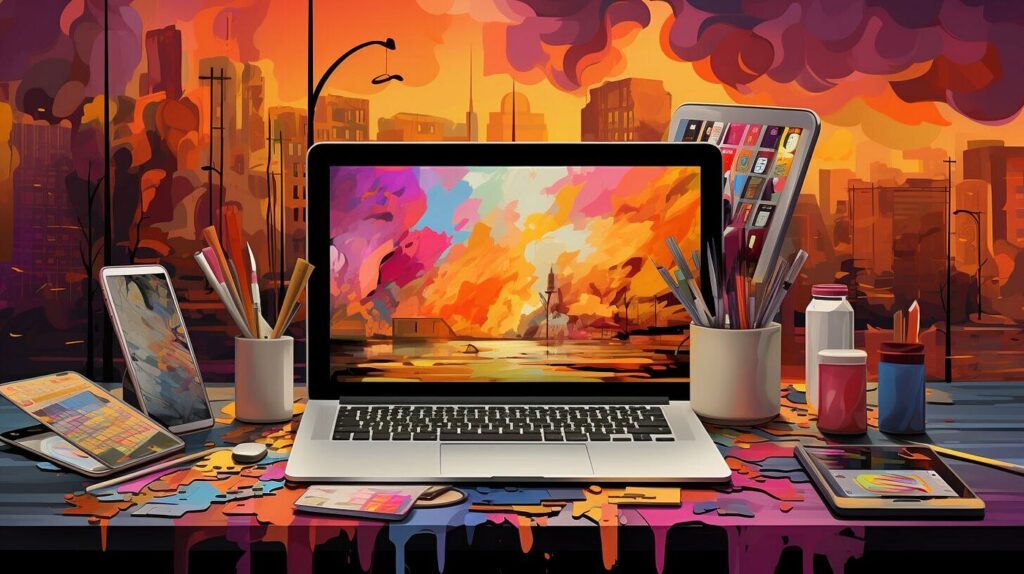Essentials for Success in Digital Design

A career in digital design offers both creative fulfillment and financial rewards for those passionate about technology and design. Here’s an overview of the skills and steps necessary to succeed in this dynamic field.
Digital designers merge creativity and tech skills to create engaging content for web, apps, and digital interfaces. They may specialize in areas such as:
- Web design
- App design
- UX/UI design
- Interaction design
- Animation
- Product design
Digital design is an evolution of traditional graphic design, incorporating elements like interactivity and animation. Whether designing websites, ads, or apps, digital designers use data-driven strategies to connect with audiences and enhance the effectiveness of their work.
A Growing Field
Demand for digital designers is rapidly increasing. The U.S. Bureau of Labor Statistics predicts a 13% growth in web and interface design jobs by 2030, adding over 25,000 positions. Digital designers can work full-time or freelance across industries like advertising, consulting, and tech.
Key Skills for Success
To stand out, designers need a mix of technical and workplace skills.
Technical Skills:
- Layout, color, typography, and mobile-first design
- Proficiency in tools like Adobe Creative Suite (Photoshop, Illustrator, XD), HTML, CSS, and more
Workplace Skills:
- Communication and teamwork
- Customer service
- Creativity and adaptability
Education and Certifications
While a degree isn’t always required, a portfolio is crucial. Many digital designers benefit from bachelor’s programs in fields like web design, graphic arts, or UX/UI. Specialized certifications in areas like 3D design, graphic design, and CAD also help maintain a competitive edge.
Fast-Track Certification
Programs like the Digital Designer Designation offer a flexible, practical alternative to traditional degrees. Through self-paced courses and real-world projects, students quickly gain the skil
